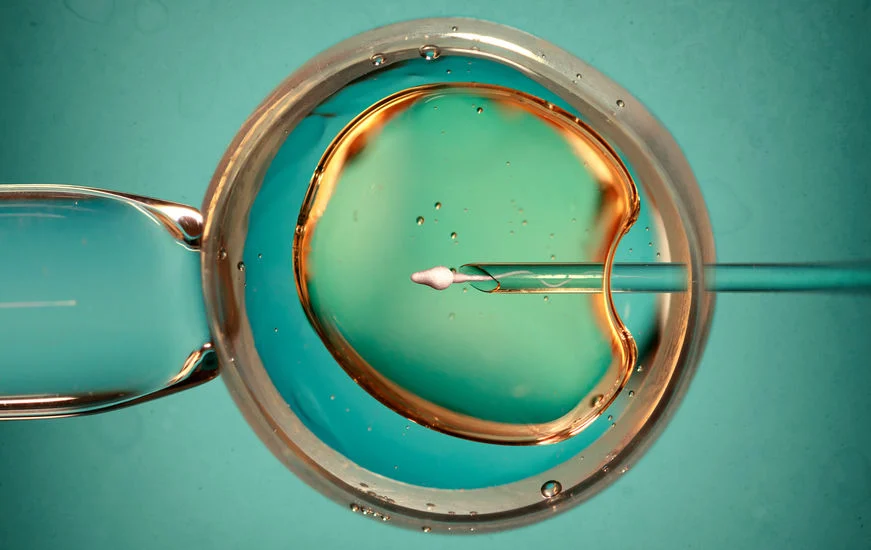Yes, Pre-implantation Genetic Testing (PGT) can be used to determine the gender of embryos during the process of in vitro fertilization (IVF). PGT is a set of techniques that involves testing embryos for genetic abnormalities before they are implanted in the uterus. It is primarily used to identify chromosomal abnormalities and genetic disorders, but it can also be used for sex selection.
There are two main types of PGT:
1-PGT-A (Aneuploidy screening): This type of testing is focused on screening embryos for chromosomal abnormalities, such as aneuploidy (an abnormal number of chromosomes). It can indirectly provide information about the gender of the embryo.
2-PGT-M (Monogenic disorder testing): This type of testing is specifically designed to identify single gene disorders or mutations. It can be used to determine the gender of the embryo if the genetic disorder is linked to a specific sex chromosome.
It’s important to note that sex selection for non-medical reasons, such as family balancing or gender preference, is a controversial topic and may be subject to legal and ethical considerations in different regions. Many countries and medical organizations have guidelines and restrictions on the use of PGT for non-medical sex selection purposes. It’s advisable to consult with a healthcare professional or a reproductive specialist to understand the regulations and ethical considerations in your specific location.
Experience personalized and expert IVF care with Dr. Manjushri Kothekar, your trusted IVF specialist in Mumbai. Schedule your consultation today for exact solutions tailored to your needs.




